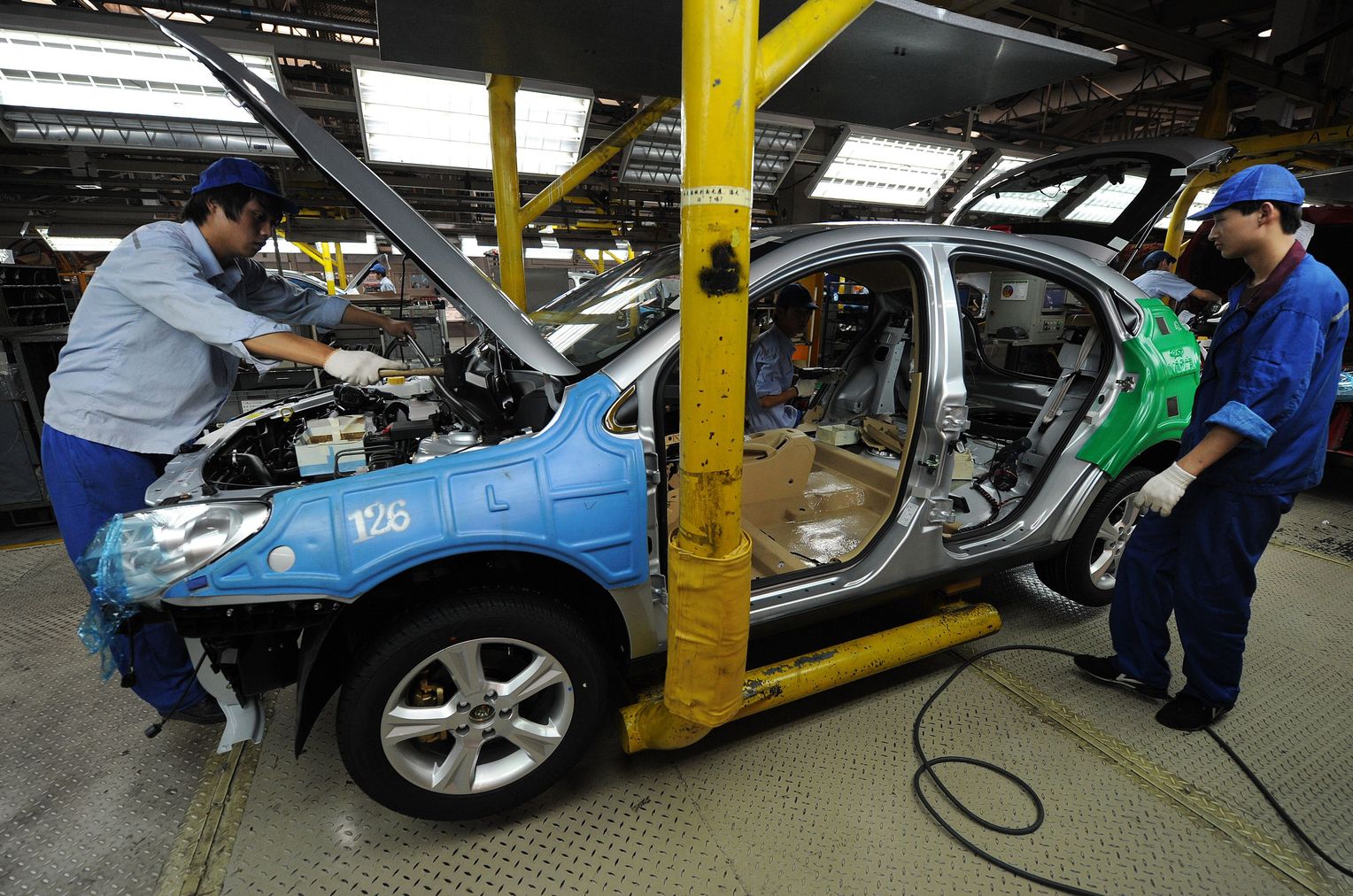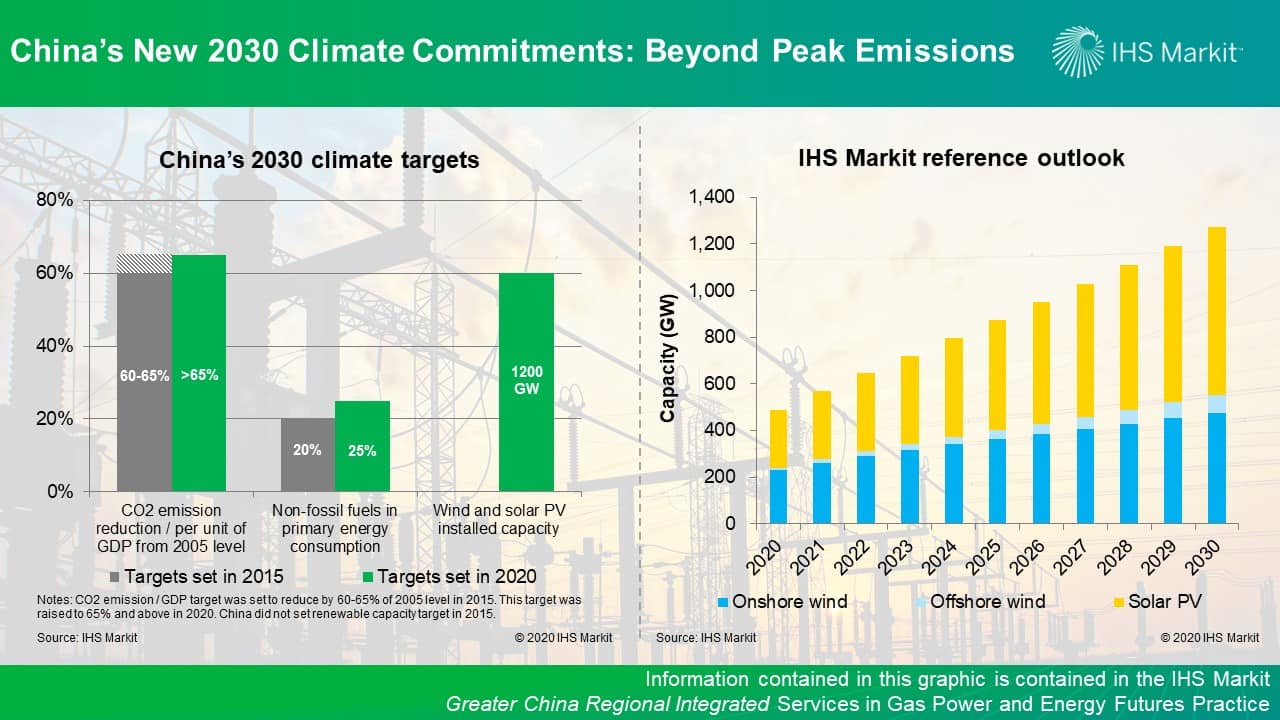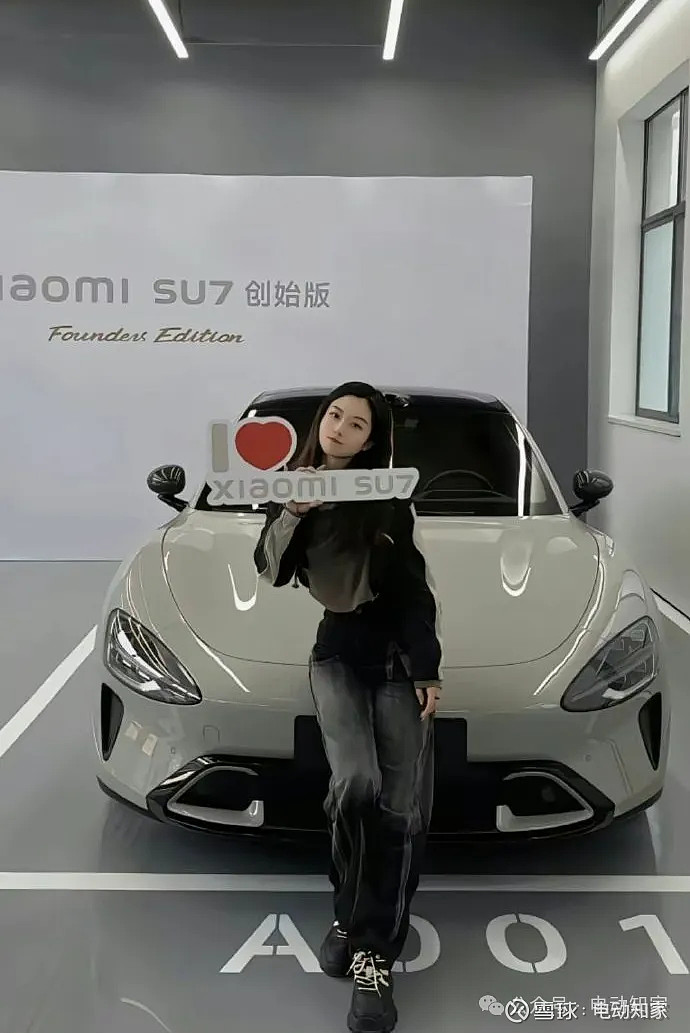The China Market Hurdle: BMW, Porsche, And The Future Of Foreign Automakers

Table of Contents
Intense Domestic Competition
The Chinese automotive industry has witnessed the meteoric rise of powerful domestic brands such as BYD, Nio, and Xpeng. These companies are rapidly gaining market share, posing a significant challenge to established international players. Their competitive advantages are multifaceted: lower manufacturing costs, substantial government support, and a deep understanding of local consumer preferences.
- Price wars and aggressive marketing tactics: Chinese brands frequently engage in aggressive price wars and targeted marketing campaigns, leveraging their cost advantages to undercut foreign competitors.
- Technological advancements and innovative features: Chinese automakers are rapidly innovating, incorporating cutting-edge technologies and features that appeal to the tech-savvy Chinese consumer. This includes advanced driver-assistance systems (ADAS), electric vehicle (EV) technologies, and connected car features.
- Strong government backing for domestic auto industry development: The Chinese government actively supports the growth of its domestic auto industry through subsidies, tax breaks, and infrastructure development, creating a formidable competitive landscape for foreign entrants. This support often includes preferential treatment in areas like EV subsidies and access to charging infrastructure.
Regulatory Hurdles and Bureaucracy
Navigating the Chinese regulatory landscape presents a significant hurdle for foreign automakers. The complex web of regulations governing imports, emissions standards, safety regulations, and other aspects of the automotive industry demands significant resources and expertise. Bureaucratic processes can be lengthy and cumbersome, requiring patience and a deep understanding of local regulations.
- Strict emission standards and their impact on vehicle development and pricing: China has implemented increasingly stringent emission standards, forcing foreign manufacturers to adapt their vehicle designs and potentially increasing their production costs.
- Complex import tariffs and taxes increasing the cost of foreign vehicles: High import tariffs and taxes significantly increase the price of imported vehicles, making them less competitive compared to domestically produced cars.
- Lengthy and complicated certification processes for new models: The process of obtaining the necessary certifications and permits to launch new models in China is notoriously lengthy and complex, creating delays and adding to the overall cost.
Understanding Chinese Consumer Preferences
The Chinese automotive market is dynamic, with consumer preferences evolving rapidly. Understanding these nuances is crucial for foreign automakers seeking success. Chinese consumers are increasingly discerning, placing high value on advanced technology, brand prestige, and a seamless ownership experience.
- Growing demand for electric vehicles (EVs) and hybrid vehicles: The Chinese government's push for electric mobility and growing environmental awareness among consumers have fueled a surge in demand for EVs and hybrid vehicles.
- Preference for advanced technology features, such as autonomous driving systems: Chinese consumers are early adopters of technology and show a strong preference for vehicles equipped with advanced features like autonomous driving systems, connectivity features, and sophisticated infotainment systems.
- Importance of brand image and social status in purchase decisions: Brand image and social status play a significant role in purchase decisions. Foreign brands with a strong reputation for luxury and prestige often have an advantage, but this needs to be consistently reinforced through marketing and customer experience.
Strategies for Future Success in the China Market
Successfully navigating the China market hurdle requires a proactive and adaptable approach. Foreign automakers need to adopt strategies that address the unique challenges and capitalize on the immense opportunities.
- Investing in research and development to cater to Chinese consumer preferences: Foreign automakers must invest heavily in R&D to develop vehicles tailored to the specific needs and preferences of Chinese consumers. This includes adapting designs, incorporating desired technologies, and addressing specific regulatory requirements.
- Forming strategic alliances with local Chinese companies: Collaborating with established Chinese companies can provide valuable insights into local markets, regulatory processes, and supply chains. Joint ventures can also help to reduce costs and improve access to the market.
- Embracing digital marketing and e-commerce channels: China has a highly developed digital ecosystem, and embracing digital marketing and e-commerce strategies is essential for reaching the target consumer base.
- Strengthening local production and supply chains: Establishing local production facilities and building strong relationships with local suppliers can help to reduce costs, improve responsiveness to market demands, and overcome import restrictions.
Overcoming the China Market Hurdle: A Path Forward for Foreign Automakers
The Chinese automotive market presents significant challenges for foreign automakers, including intense domestic competition, intricate regulatory hurdles, and evolving consumer preferences. However, the rewards for those who successfully navigate these obstacles are immense. By adapting to the unique aspects of the market, investing in localization, forging strategic alliances, and embracing innovation, foreign automakers can overcome the "China market hurdle" and achieve significant success in this dynamic and lucrative landscape. To learn more about strategies for navigating the China market, overcoming the China market hurdle, and achieving success in the China auto market, further research into successful case studies and market trends is recommended.

Featured Posts
-
 Hearing Scheduled For Detained Palestinian Student Following Citizenship Interview
Apr 25, 2025
Hearing Scheduled For Detained Palestinian Student Following Citizenship Interview
Apr 25, 2025 -
 Traffic Alert Semi Truck Involved In Crash On Kilpatrick Turnpike
Apr 25, 2025
Traffic Alert Semi Truck Involved In Crash On Kilpatrick Turnpike
Apr 25, 2025 -
 Chinas New Climate Commitment Increased Emissions Targets Despite Us Absence
Apr 25, 2025
Chinas New Climate Commitment Increased Emissions Targets Despite Us Absence
Apr 25, 2025 -
 The Trump Effect How The Former President Influences Canadian Politics
Apr 25, 2025
The Trump Effect How The Former President Influences Canadian Politics
Apr 25, 2025 -
 Ray Epps V Fox News A Deep Dive Into The January 6th Defamation Lawsuit
Apr 25, 2025
Ray Epps V Fox News A Deep Dive Into The January 6th Defamation Lawsuit
Apr 25, 2025
Latest Posts
-
 The Impact Of Makeup On Skin A Comprehensive Guide
Apr 25, 2025
The Impact Of Makeup On Skin A Comprehensive Guide
Apr 25, 2025 -
 Does Makeup Damage Your Skin Separating Fact From Fiction
Apr 25, 2025
Does Makeup Damage Your Skin Separating Fact From Fiction
Apr 25, 2025 -
 Su 7 Ultra
Apr 25, 2025
Su 7 Ultra
Apr 25, 2025 -
 Makeup And Skin Health Understanding The Risks And Benefits
Apr 25, 2025
Makeup And Skin Health Understanding The Risks And Benefits
Apr 25, 2025 -
 Nhung Buc Anh Voi La Mat Trong Bua Tiec Buffet
Apr 25, 2025
Nhung Buc Anh Voi La Mat Trong Bua Tiec Buffet
Apr 25, 2025
